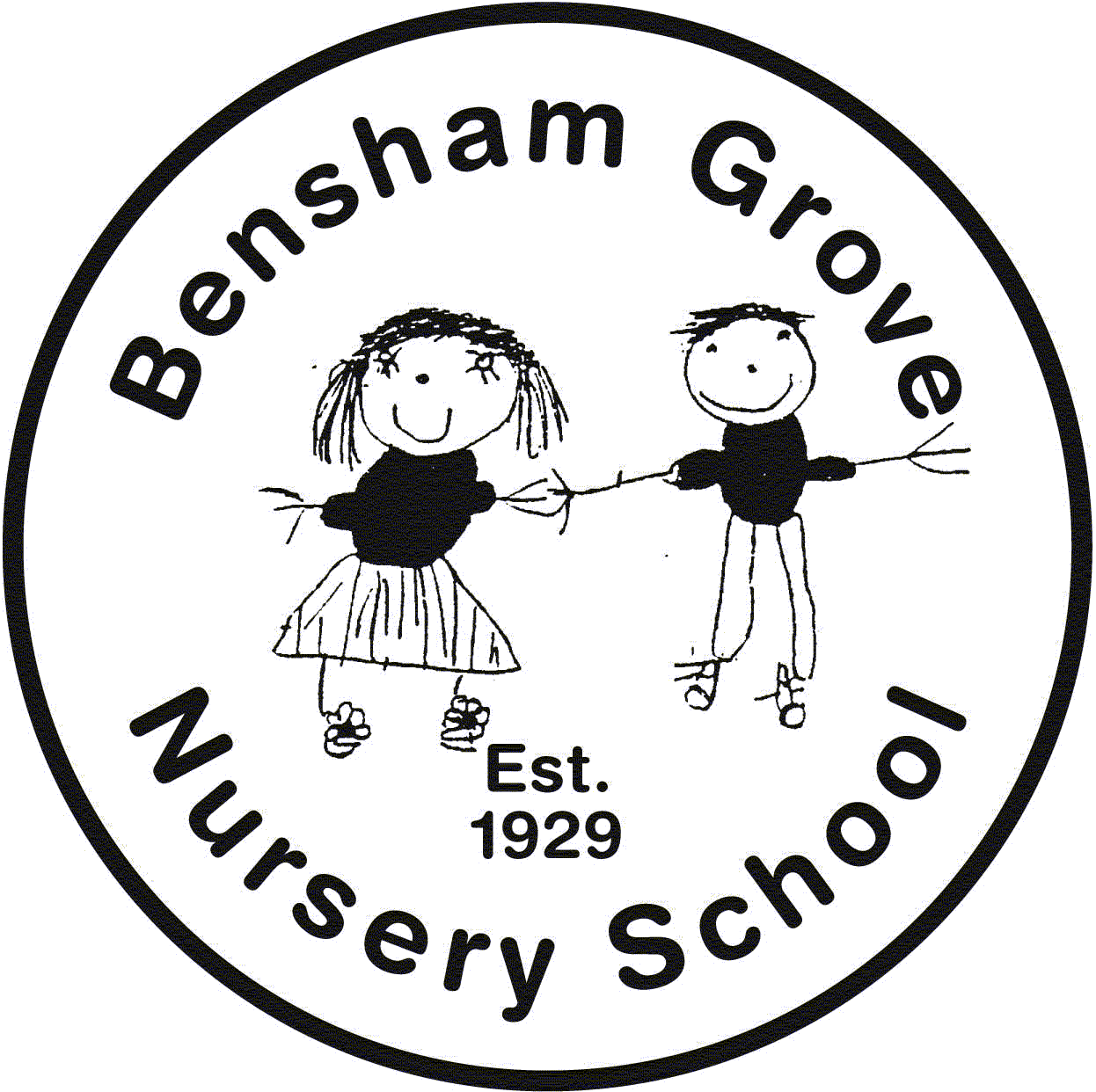The Den:
We have had a super busy week in The Den, with a focus on supporting children’s filling and emptying schema with shredded paper.
Active learning:
The children have enjoyed exploring the shredded paper this week with the addition of metal objects to fill and empty. The children showed good control as they picked up large handfuls of paper and added it to the bowls. The children also enjoyed sprinkling it from a height and watching it fall back into the tray. Some of the children brought different items like animals into the tray which we hid. The children enjoyed hunting through the paper to find them!
Communication and language:
We are always trying to encourage expressive language (the ability to express thoughts, feelings, and needs through words) with the children so this week we looked at different flash cards. We used simple farm/ pet flash cards with real life pictures to help encourage language from the children. We were pleased to see the children were able to identify all the farm animals shown and name their sounds.
Outdoor learning:
We have spent lots of time outside this week and the children have had lots of fun! With the weather changing, we saw lots of insects like snails and ladybirds. This prompted some lovely conversations about different bugs in the garden and some identifying features.
“Lady birds have lots of spots”
“Look… snails are inside shells!”
“Butterflies have wings.. flutter flutter”
The children also showed good coordination skills as they navigate the balancing equipment outside!
Parents as partners:
Expressive vs receptive language:
Expressive language is the ability to express thoughts, feelings, and needs through words, sentences, and other communication methods, including verbal speech and non-verbal cues like gestures or facial expressions.
Receptive language is the ability to understand and comprehend spoken language that you hear. For example, a child’s ability to listen and follow directions (e.g. “put on your coat”) relies on the child’s receptive language skills.
What can you do to help promote your child’s expressive/ receptive language?
Books: reading is a great way to increase vocabulary and improve listening skills. Whenever possible, ask your child to identify simple things in books and where appropriate, ask follow up questions about what they read or heard.
Listening Games: Play listening games, such as ” Simon Says,” “I Spy,” or even ask them to find facial features/ body parts to help your child improve their listening skills.
Visuals: Use visuals, such as pictures or videos, to help your child understand spoken language.
Gestures and Facial expressions: Use gestures and facial expressions when speaking to help illustrate the meaning of words. Point out the gestures and facial expressions of others in pictures and help your child understand the meaning behind them.
